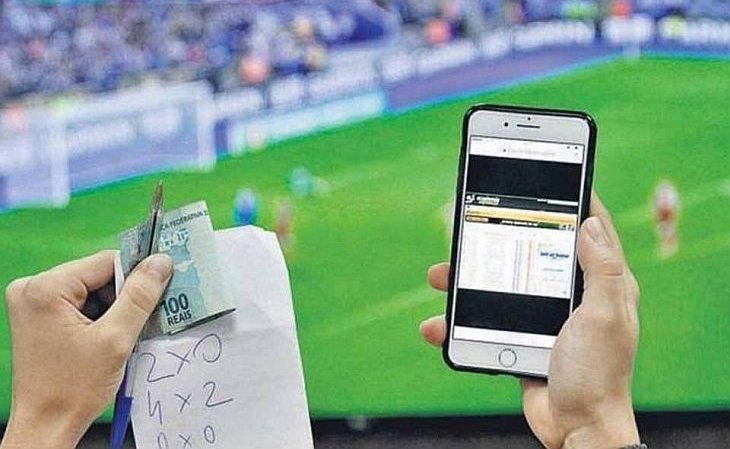With the taxation of sports betting in Brazil practically defined, there are expectations of a great advance in the regulation of the sector in the coming days.
The issue has been under discussion for months, and the government has committed to defining rules to oversee bookmaker operations.
President Luiz Inácio Lula da Silva intends to sign a provisional measure (PM), which will come into force immediately after its publication, and a bill project (BP), which will be considered by the Chamber of Deputies in August.
The government decided to tax sports betting as a strategy to increase federal revenue. However, according to Finance Minister Fernando Haddad, the positive impact on government accounts will be smaller than expected.
According to the minister, the estimate is that the annual collection from betting will be around R$ 2 billion, much lower than initially expected.
Sports betting in Brazil: taxation will be valid for companies and bettors
The main rules of sports betting regulation include the taxation of companies and bettors. According to g1, the MP provides for the following:
- Companies will have their gross revenues taxed at 16%;
- Players will be taxed at 30% on their winnings, only when these winnings exceed BRL 2,112;
- Bettors will not be charged in case of losses or gains of less than BRL 2,112;
- Bettors will not be charged just for placing bets;
- An ordinance will be published to detail the rules for accreditation and operation of companies in the country.
It is worth mentioning that more than 70% of sports betting prizes will be exempt with this change, as stated by the Ministry of Finance.

Essential resources for various sectors of Brazilian society
The revenue generated from fees and taxes will be allocated to areas such as public security, basic education, sports clubs and social actions, as initially planned. According to the Treasury, of the total collected:
2.55% will go to the National Public Security Fund;
0.82% for basic education;
1.63% for sports clubs;
10% for social security;
1% for the Ministry of Sports.
On the other hand, the bill project (BP) deals especially with sanctions for companies and possible penalties. It is expected that six ordinances will be published based on it, addressing the following topics:
Accreditation: information on the grant to be paid, and companies will have 180 days to become accredited; those that do not fit the new rules will not be able to operate;
Payment methods: users will only be able to pay companies through platforms authorized by the Central Bank (BC);
Responsible gambling: regulation of advertisements and betting advertising;
Gambling addiction: expansion of psychological and psychiatric support for people with gambling addiction;
Monitoring system: development of a platform capable of monitoring the collection with the regulation and manipulation of bets in real time;
Lotex: the government is considering the possibility of resuming Lotex, the former “scratch card”, to raise more than R$ 3 million.
There is still no exact date for the publication of the ordinances, but those on taxation, accreditation and means of payment are more advanced in this process.




















































